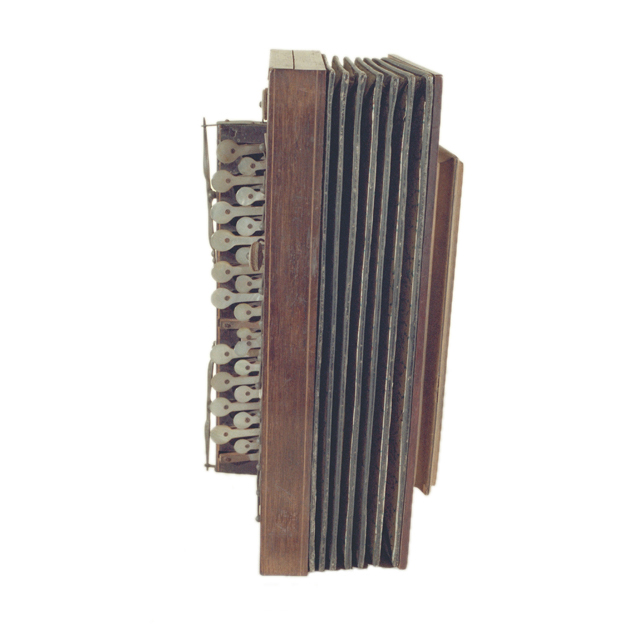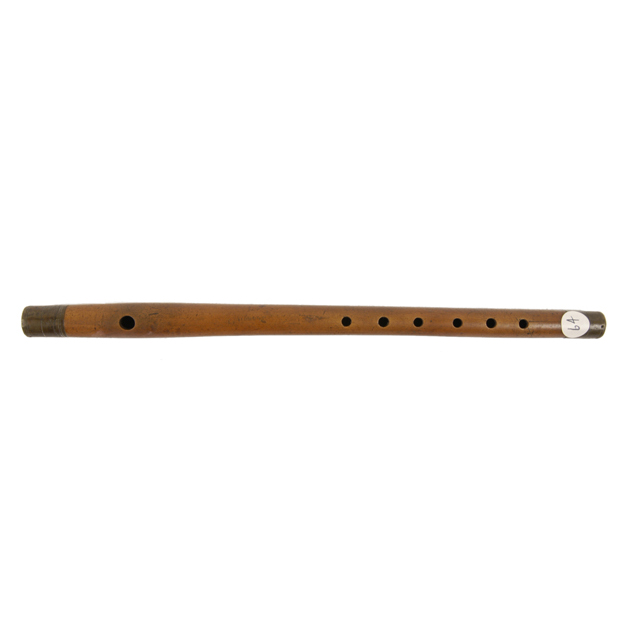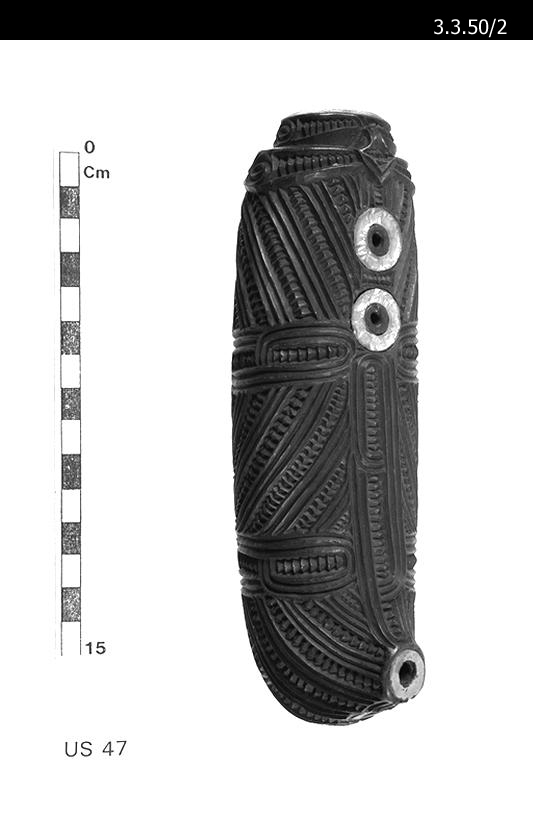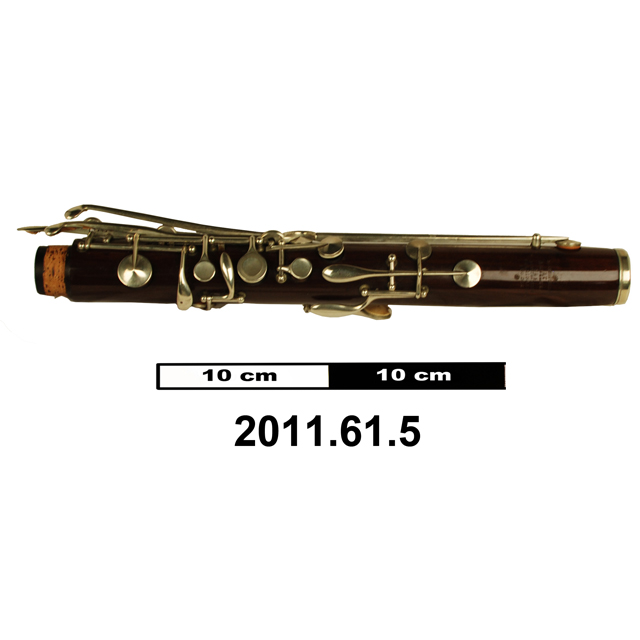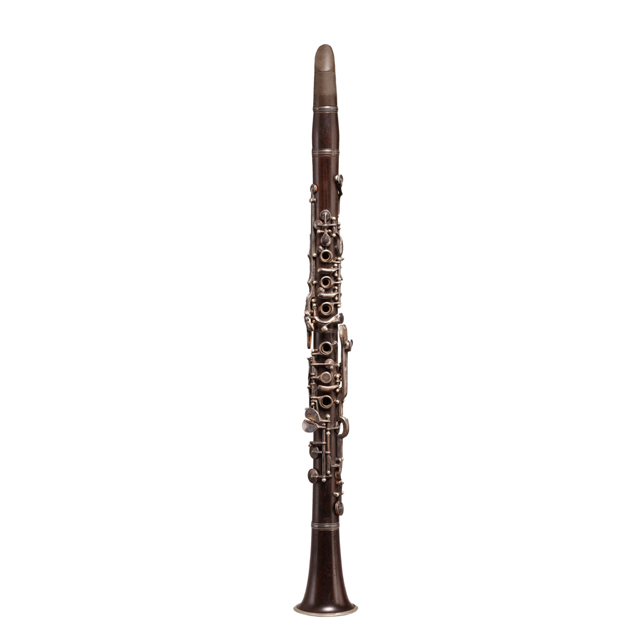
Oehler system clarinet in B-flat.
The Oehler system clarinet represents one of the few remaining regional variations in orchestral instrument design. The nineteenth century was a time of experimentation and development for woodwind and brass instruments. This led to a wide range of designs and production techniques, a range that later narrowed as the most successful ideas gained widespread acceptance. One such idea was the Boehm key system for the clarinet. This system, developed in France, both improved the instrument's tuning and simplified the fingering. But it required a radical change in playing technique, and German instrument designers chose instead to retain the earlier 'simple' system and to add additional keys and holes to improve its performance. The Oehler system was devised by Oskar Oehler, a founder member of the Berlin Philharmonic Orchestra. It drew together developments made to the simple system by Iwan Müller and Carl Baermann. All three added extra keys and holes to the instrument, and the Oehler system clarinet is much heavier than the Boehm clarinet because of these extra keys. However, it is still the preferred instrument in Germany today, and is one of the reasons why German orchestras have retained a distinctive woodwind sound, despite the increasing conformity elsewhere.



